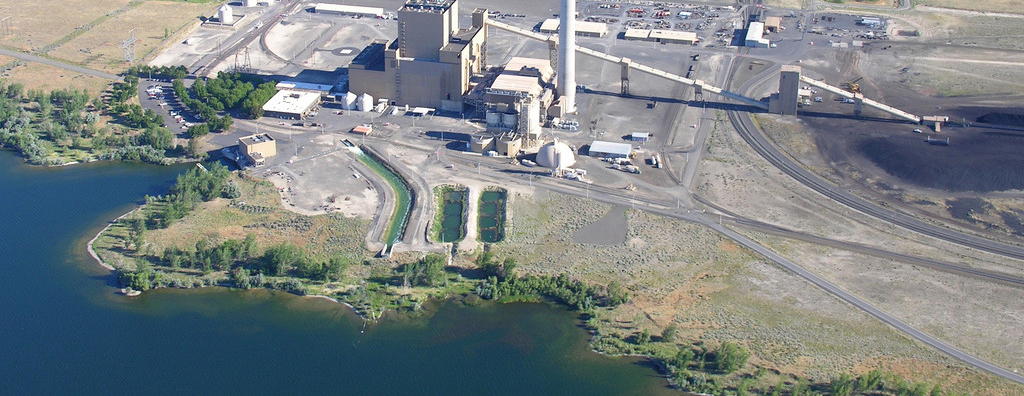
A transition from coal to clean energy
Liz Hardee, The Climate Trust
As published by Sustainable Business Oregon – March 29, 2015
It’s easy to think of Oregon as a sustainability leader among states. We’re passionate about the quality of our air and water, and we’ve recently become only the second state in the country to adopt a low carbon fuel standard, called the Oregon Clean Fuels Program.
With so much attention paid to our health and environment, it might be surprising for some Oregonians to learn that the amount of power we get from renewable resources isn’t 100%; in fact, the state still uses coal for about one third of its power needs. We only have one coal-fired power plant in the state, the Boardman facility, which will stop using coal by 2020. Most of the coal power we use comes from out of state, primarily from plants in Montana and Wyoming.
Two new bills being considered by both houses of the legislature, Senate Bill 477 and House Bill 2729, aim to reduce our reliance on out-of-state coal power by shifting this portion of our power mix from coal to clean, renewable sources like solar and wind by 2025. They ask utilities to come up with least-cost plans for replacement of coal power by sources that are at least 90% more efficient, incentivizing the use of renewable power without prioritizing any particular technology.
Effectively, this means that while out-of-state coal plants could keep producing coal power, they could no longer sell it to Oregon customers. Oregon utilities, meanwhile, would increase the proportion of renewable energy sources in their portfolios more than they would in the absence of this legislation.
Proponents of the bills note that Oregon is already experiencing job growth from the renewable energy sector and that these bills are designed to continue that trend, by encouraging local clean energy development to promote job growth in the region rather than elsewhere whenever possible.
This job growth benefit is no small matter; recent public polling indicates that 71% of Oregonians support a transition to clean energy, and this number jumps to 88% when the opportunity for in-state job creation is mentioned.
Many of the region’s coal plants have been functioning for decades; they are deteriorating and will soon need to be updated to remain in operation. This means that now is the ideal time for a decision to be made about our state’s energy future. The price of carbon-intensive fuels will likely continue to rise due to increased international focus on the risks of climate change and the implementation of new federal standards to limit pollution from existing power plants. Meanwhile, the prices of renewable energy sources have dropped significantly in recent years, making continued investments in carbon-intensive sources of energy like coal a financial risk to Oregon ratepayers.
If Oregon’s goals are to provide better public health, cheaper energy, and family wage jobs, SB 477 and HB 2729 provide a solid option to address all three. The bills are still relatively new to the legislature and it’s likely that multiple public hearings will be held in the coming months. You can follow the bills’ progress online at www.oregonlegislature.gov.